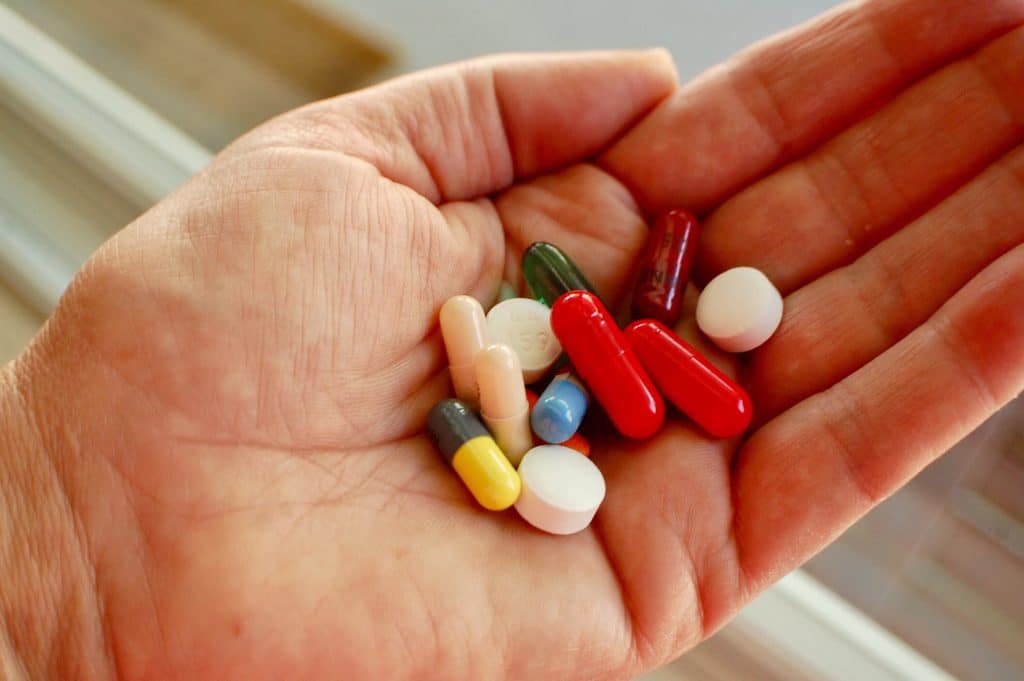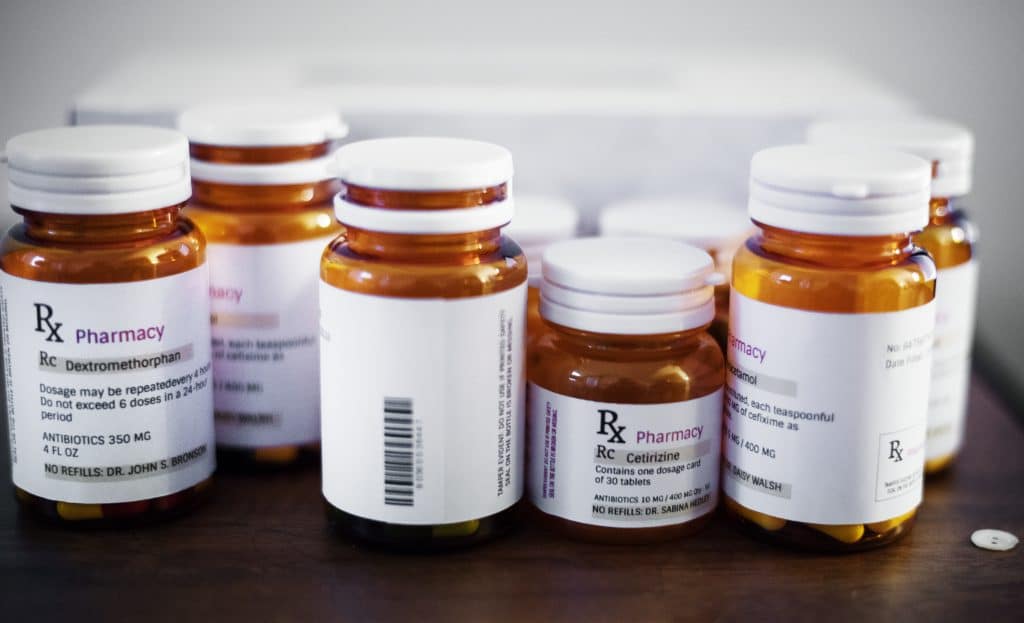The overuse of antibiotics is a growing global concern with significant consequences for human health. As antibiotics have become more readily available, their misuse has led to the development of antibiotic-resistant bacteria, rendering once easily treatable infections much more difficult to combat. This article will explore the dangers of overusing antibiotics, the responsibility of various stakeholders in addressing this issue, and potential solutions to prevent further damage to healthcare systems.
Contents
- The Misconceptions About Antibiotics
- The Risks Of Overusing Antibiotics
- How Antibiotic Resistance Develops
- The Global Impact Of Antibiotic Resistance
- The Role Of Healthcare Professionals In Preventing Overuse
- The Pharmaceutical Industry’s Responsibility
- Government Regulations To Address Overuse
- Educating The Public On Proper Antibiotic Use
- Alternative Treatments And Future Innovations
- Pay Attention To The Dangers Of Overusing Antibiotics!
- Related
The Misconceptions About Antibiotics

Many misconceptions about antibiotics contribute to their overuse. One of the most common misunderstandings is that antibiotics can treat viral infections, such as the common cold or the flu. However, antibiotics are only effective against bacterial infections, and using them for viral infections provides no benefit and contributes to antibiotic resistance.
Another misconception is that taking antibiotics as a preventative measure can help avoid infections. While there are some situations where prophylactic antibiotics are appropriate, such as before certain surgeries or for people with specific medical conditions, using them without clear medical need can lead to resistance and a weakened immune system. Understanding how antibiotics work and when necessary is crucial to curbing their overuse.
The Risks Of Overusing Antibiotics

The primary risk associated with the overuse of antibiotics is the development of antibiotic-resistant bacteria. Antibiotic use inappropriately can create selective pressure that allows resistant bacteria to survive and multiply. Over time, this can lead to entire strains of bacteria becoming resistant to the drugs that were once effective against them, making infections increasingly difficult to treat.
The potential for antibiotic-resistant infections to become untreatable poses a serious public health threat. Infections that were once easily managed could become life-threatening. Even common medical procedures that rely on antibiotics to prevent infections, such as surgeries and cancer treatments, could become much riskier. The consequences of antibiotic resistance cannot be overstated, and it is essential to address this growing issue.
How Antibiotic Resistance Develops

Antibiotic resistance occurs when bacteria evolve in response to exposure to antibiotics. Bacteria are constantly changing and adapting through genetic mutations. When exposed to antibiotics, those with genes that allow them to resist the drug’s effects have a survival advantage. These resistant bacteria can then multiply and spread, leading to the emergence of antibiotic-resistant strains.
The widespread use of antibiotics in various sectors contributes to the rapid development and spread of resistance. The overuse of antibiotics accelerates this process by providing more opportunities for bacteria to develop resistance. This includes the inappropriate use of antibiotics in human medicine and agriculture, where antibiotics are often used in large quantities to promote growth and prevent disease in livestock.
The Global Impact Of Antibiotic Resistance

The World Health Organization (WHO) has identified antibiotic resistance as one of the most significant threats to global health, food security, and development. The consequences of antibiotic resistance extend far beyond individual patients and healthcare systems. As resistant bacteria spread, they cross borders and affect people in every corner of the world.
The far-reaching implications of antibiotic resistance make it a critical issue that requires international cooperation and action. Economically, antibiotic resistance can lead to increased healthcare costs due to longer hospital stays and the need for more expensive treatments. It can also impact food production as antibiotic-resistant infections spread through livestock, leading to lower productivity and increased costs.
The Role Of Healthcare Professionals In Preventing Overuse

Healthcare professionals play a crucial role in preventing the overuse of antibiotics. Prescribers, such as physicians and nurse practitioners, are responsible for ensuring that antibiotics are prescribed only when necessary and that patients receive the correct dosage and duration of treatment. This requires staying up-to-date on the latest guidelines and research regarding antibiotic use.
In addition, healthcare professionals can play a critical role in educating patients about the proper use of antibiotics and the dangers of misuse. By discussing the risks of antibiotic resistance with patients and encouraging them to complete their prescribed course of treatment, healthcare providers can help promote responsible use and reduce the likelihood of resistance developing.
The Pharmaceutical Industry’s Responsibility

The pharmaceutical industry also has a significant role to play in addressing the issue of antibiotic overuse. For many years, there has been a decline in the development of new antibiotics, partly due to the high costs and low financial returns associated with antibiotic research. This has resulted in a limited arsenal of drugs to combat resistant bacteria, making it even more essential to use existing antibiotics judiciously.
In addition to investing in developing new antibiotics, pharmaceutical companies can contribute to combating resistance by promoting responsible use of their products. This includes providing accurate information about appropriate antibiotic use to healthcare professionals and consumers and engaging in responsible marketing practices that do not encourage the unnecessary use of antibiotics.
Government Regulations To Address Overuse

Governments worldwide have an essential role in addressing antibiotic overuse and resistance. They can implement regulations and policies that promote the responsible use of antibiotics in human medicine and agriculture. This may include restricting the use of antibiotics as growth promoters in livestock, implementing surveillance systems to monitor antibiotic resistance, and promoting education and awareness campaigns about the proper use of antibiotics.
Moreover, governments can support the development of new antibiotics and alternative treatments by funding research and development, offering incentives to pharmaceutical companies, and fostering international collaboration on research efforts. These initiatives can help to ensure that new treatments are available to combat resistant bacteria and mitigate the consequences of antibiotic resistance.
Educating The Public On Proper Antibiotic Use

Public education is a vital component of any strategy to reduce antibiotic overuse. Individuals can become more informed and conscientious healthcare consumers by raising awareness about the dangers of antibiotic resistance and the importance of responsible antibiotic use. This may involve educational campaigns targeted at the general public and targeted interventions for specific populations, such as parents of young children, who may be more likely to seek antibiotics for viral illnesses.
Furthermore, empowering individuals to engage in open dialogue with their healthcare providers about antibiotic use can help to ensure that antibiotics are prescribed only when necessary. By understanding the risks associated with antibiotic overuse and taking an active role in their healthcare, the public can contribute to reducing the spread of antibiotic resistance.
Alternative Treatments And Future Innovations

In addition to promoting responsible antibiotic use, investing in developing alternative treatments and innovative solutions to combat resistant bacteria is crucial. This may include research into novel antimicrobial agents, using bacteriophages (viruses that infect and kill bacteria), and exploring immunotherapies that enhance the body’s natural defenses against infection.
Moreover, advancements in diagnostic technologies can help to quickly and accurately identify bacterial infections, ensuring that antibiotics are prescribed only when necessary and reducing the risk of resistance. Developing and implementing these alternative approaches can help alleviate the burden of antibiotic resistance and protect public health.
Pay Attention To The Dangers Of Overusing Antibiotics!
The dangers of overusing antibiotics are clear and far-reaching, affecting individuals, healthcare systems, and the global community. By understanding the causes and consequences of antibiotic resistance, stakeholders—including healthcare professionals, pharmaceutical companies, governments, and the public—can take action to promote responsible use and invest in the development of alternative treatments. Together, we can work to preserve the efficacy of antibiotics and protect the health of future generations.


